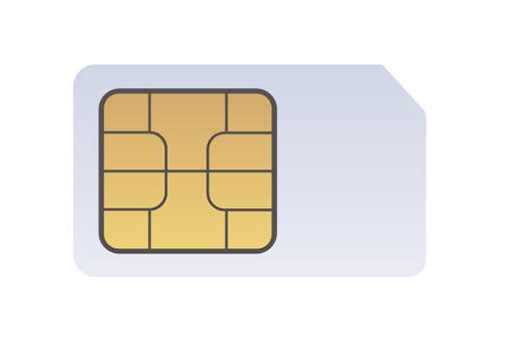However, despite its initial promise, the law has not been foolproof. Cybercriminals have continued to find ways to misuse registered SIM cards for illegal activities, particularly through Philippine Offshore Gaming Operators (POGOs), which have become notorious for their involvement in scams, including love scams and cryptocurrency fraud. These ongoing issues have prompted lawmakers to consider amendments to the law, aiming to close loopholes and further protect the public.
Understanding these proposed amendments is crucial, as they could significantly impact every mobile user in the country. As scams evolve, being aware of these changes is crucial to protect your personal information and reduce the risk of becoming a victim.

Background on the SIM Card Registration Law
The SIM Card Registration Law, officially known as Republic Act 11934, was signed into law in October 2022. The primary goal of this legislation was to curb the rising cases of fraud and scams conducted via mobile phones by ensuring that every SIM card is linked to a verified identity. This would, in theory, deter criminals from using anonymous SIMs to carry out illegal activities.
Despite its well-intentioned goals, the law has faced significant challenges. Criminals have continued to exploit registered SIMs, particularly within POGOs, which have used these SIMs to operate scams and other illicit activities. This has led to massive financial losses for unsuspecting victims and highlighted the need for further action to strengthen the law.
Key Proposed Amendments
Some of the significant changes being considered include:
-
Limiting SIM Registrations: One of the proposed amendments is to limit the number of SIM cards that can be registered to a single user. This aims to prevent scammers from stockpiling SIMs for fraudulent activities.
-
Regulating SMS Marketing: Another amendment involves tighter regulations on SMS marketing. By controlling promotional messages, the government hopes to reduce the misuse of these messages for scams.
These changes could make it more challenging for cybercriminals to operate and could lead to a reduction in spam texts and fraudulent calls that many Filipinos currently experience.
What These Changes Mean for You
If these amendments are passed, they could bring about noticeable changes for everyone who uses a mobile phone in the Philippines. For example:
-
Reduced Spam and Scams: With stricter control over SIM registrations and SMS marketing, users might see a decrease in unwanted messages and scam attempts.
-
More Secure Mobile Use: The amendments aim to make the digital environment safer, helping to protect personal information from being exploited.
For businesses, particularly those that use SMS marketing, there may be new regulations to navigate. Companies will need to adapt to these changes, ensuring their practices align with the updated law to avoid penalties.
While these amendments are still under review, it's essential to stay informed about how they could impact your mobile usage. Being aware of potential changes can help you prepare and adjust to a more secure digital environment.